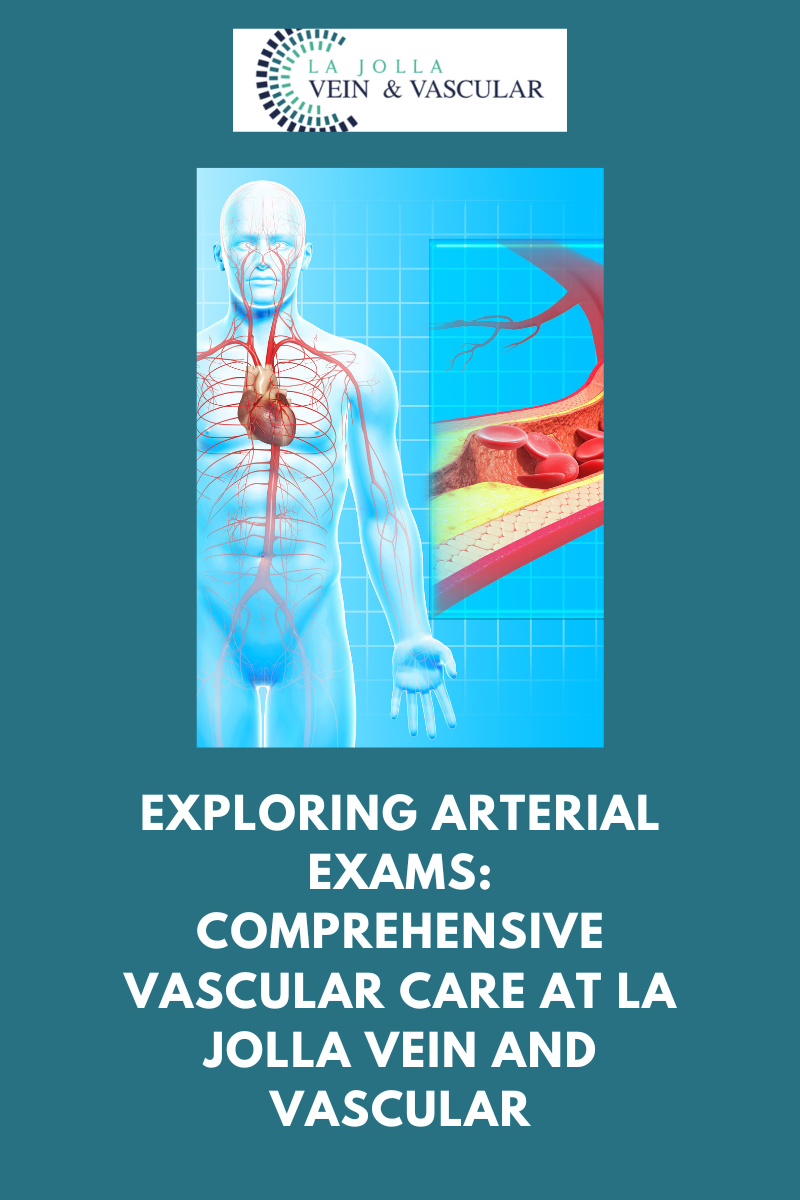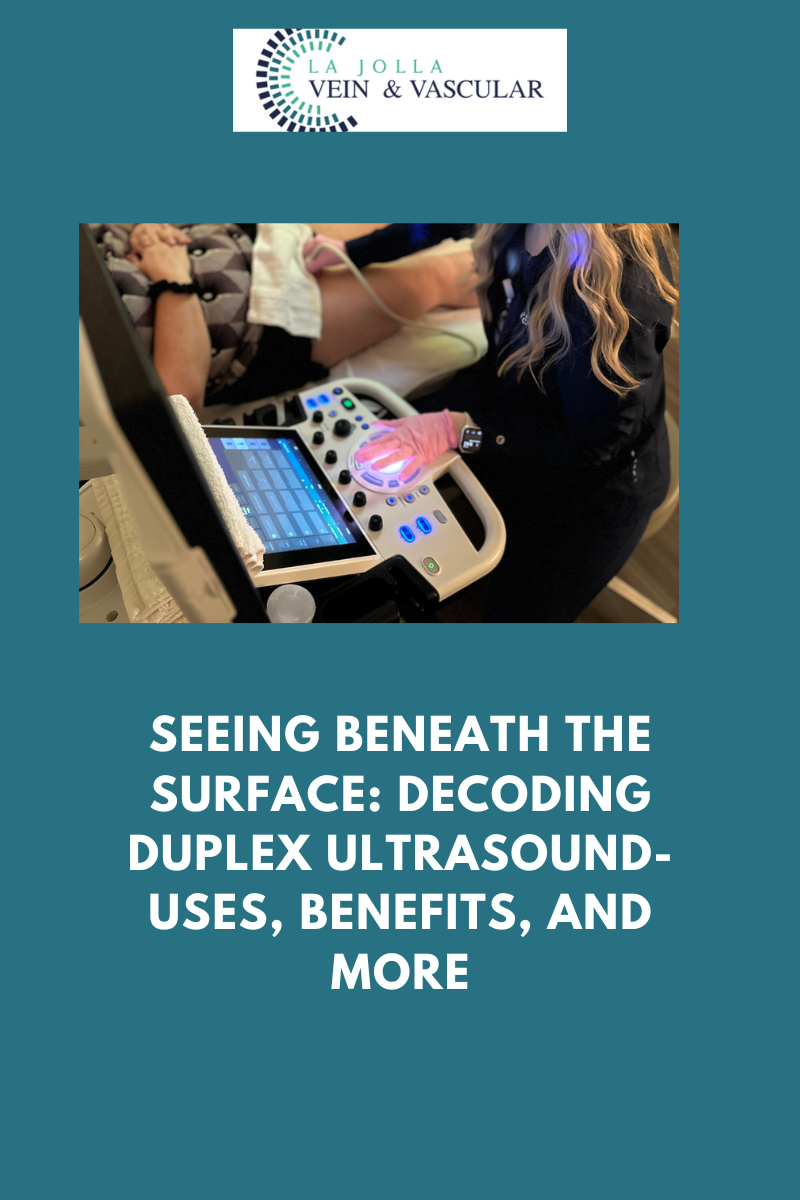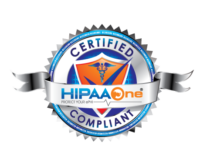UFE 101

With modern medication and care, conditions like fibroid tumors have become more treatable and easier to manage. Uterine Fibroid Embolization (UFE), for instance, is a fairly straightforward procedure used in the treatment of fibroid tumors in the uterus.
Sometimes referred to as uterine artery embolization (UAE), the uterine fibroid embolization (UFE) procedure helps countless women plagued by fibroid tumors.
What does the uterine fibroid embolization treatment entail, and how can you prepare for the procedure? Here’s everything you need to know about uterine fibroids treatment.
What is Uterine Fibroid Embolization?
The muscular walls of the uterus can sometimes be invaded by non-cancerous fibroid tumors. These tumors are also known as myomas and are a form of benign tumors. While these fibroid tumors rarely become cancerous, they can lead to other severe conditions such as increased menstrual bleeding, bowel or bladder pressure, and pelvic discomfort.
Admittedly, while uterine fibroid embolization shows a high success rate, more research is still needed on the subject. For instance, at the moment, the procedure is usually performed on women who no longer desire to get pregnant. The UFE procedure may also be used on women who wish to avoid a hysterectomy procedure.
When is Uterine Fibroid Embolization Used?
As mentioned above, uterine fibroid treatment is rather straightforward and minimally invasive. As a result, the procedure can be used in a wide variety of cases. Some of the instances where the treatment is necessary or advocated for include;
- Malignant gynecological tumors
- Hemorrhage after childbirth
- General or specific trauma
Uterine Artery Embolization (UFE) vs. Hysterectomy
Benefits of UFE Over Hysterectomy
UFE is a minimally invasive procedure that is effective for treating uterine fibroids and is considered an alternative to uterine fibroid surgery removal. UFE is typically performed as an outpatient procedure, which means that most women go home the same day for recovery.
UFE has several benefits over hysterectomy. Besides involving only a small nick in the groin or wrist for catheter insertion, the uterus is preserved. There is no scar with UFE. For a UFE, conscious sedation is used, unlike for a hysterectomy, where the woman receives general anesthesia. The recovery time for UFE is generally within 2 weeks, which is significantly faster than the usual 6-week recovery time after hysterectomy.
Women who have a hysterectomy that remove both the uterus and ovaries usually just get estrogen replacement therapy (ERT) alone. But women who have only the ovaries removed need both estrogen and progestin because estrogen alone can increase the risk of cancer in the uterus.
The recovery time for UFE is generally within 2 weeks, which is significantly faster than the usual 6-week recovery time after hysterectomy.
The idea of having your entire uterus removed is psychologically daunting for women as some women may still want the option to carry a child, do not want to undergo a general surgery and/or feel like removing the uterus takes away part of their identity as a female.
“Bringing Experts Together for Unparalleled Vein and Vascular Care”
La Jolla Vein & Vascular (formerly La Jolla Vein Care) is committed to bringing experts together for unparalleled vein and vascular care.
Nisha Bunke, MD, Sarah Lucas, MD, and Elliot DeYoung, MD are specialists who combine their experience and expertise to offer world-class vascular care.
Our accredited center is also a nationally known teaching site and center of excellence.
For more information on treatments and to book a consultation, please give our office a call at 858-550-0330.
For a deeper dive into vein and vascular care, please check out our Youtube Channel at this link, and our website https://ljvascular.com
For more information on varicose veins and eliminating underlying venous insufficiency,
Please follow our social media Instagram Profile and Tik Tok Profile for more fun videos and educational information.
For more blogs and educational content, please check out our clinic’s blog posts!





